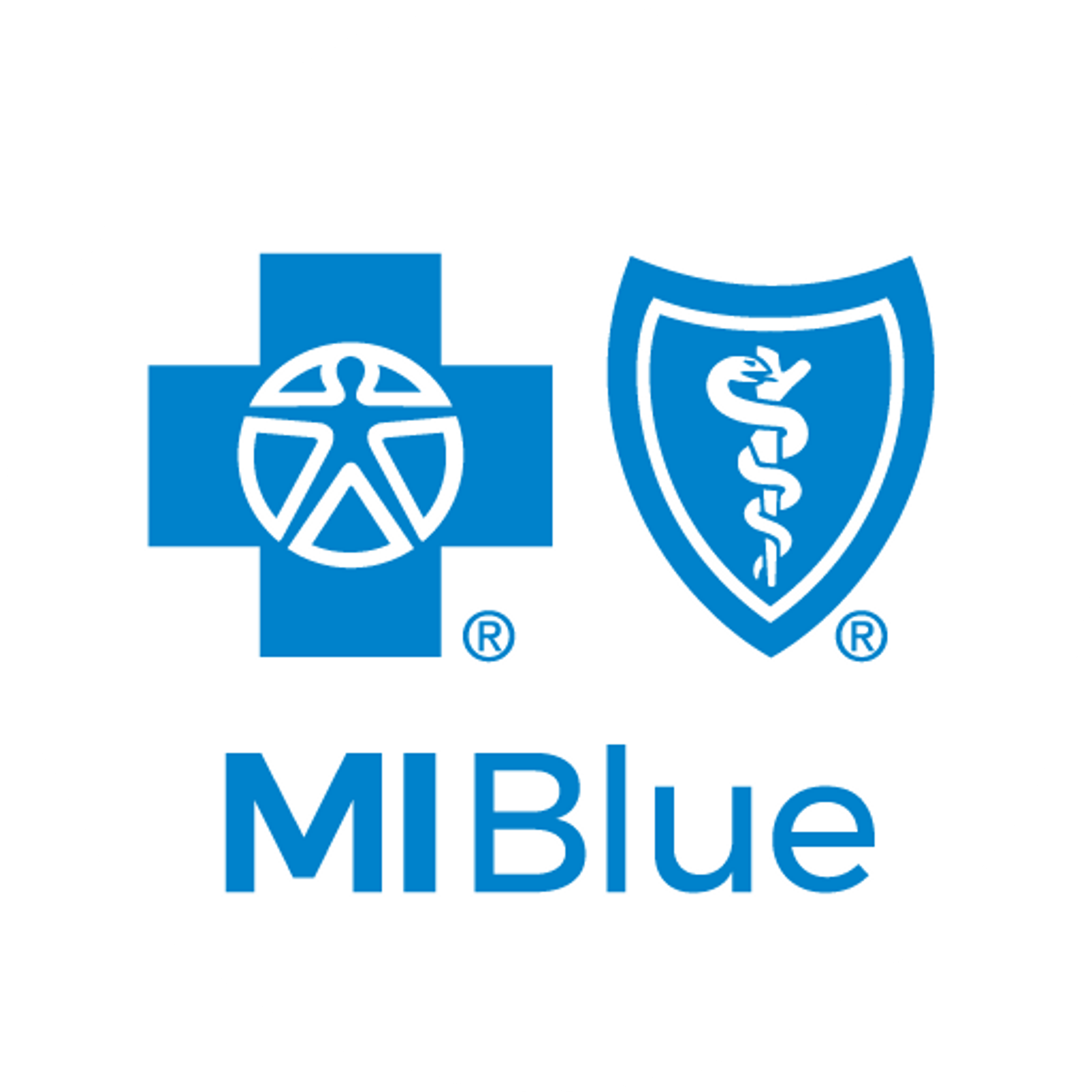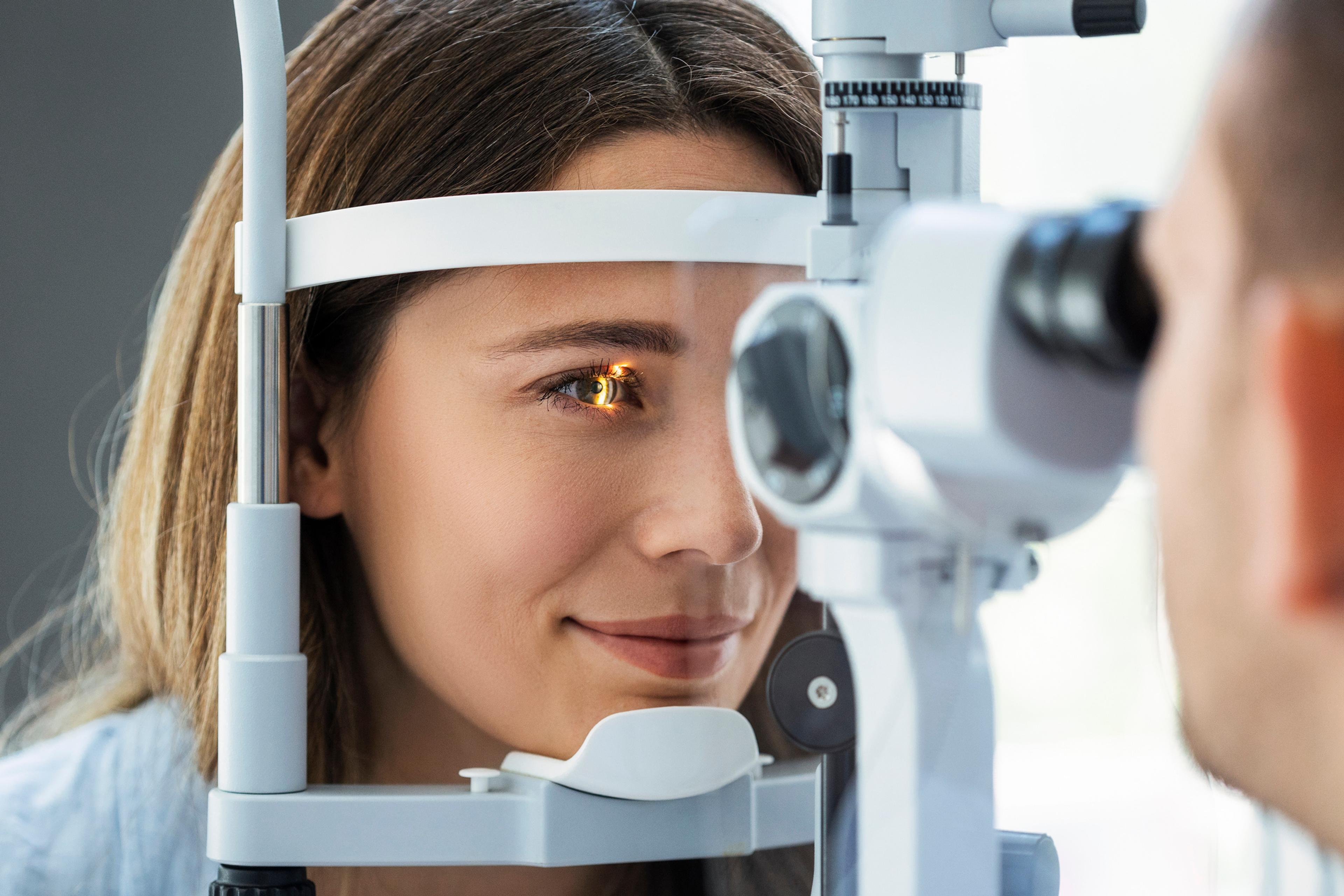Optometrist vs. Ophthalmologist: What’s the Difference?

| 2 min read

What is an optometrist?
What is an ophthalmologist?
- What is an Otolaryngologist?
- Fixes for the Most Common Vision Problems
- Vision Disorders and Aging: The Implications for Seniors

| 2 min read

Your email address will not be published.
Feb 21, 2022 at 8:57pm
It sure was helpful when you said that ophthalmologists could provide medical and surgical care for vision problems, and they must specialize in a certain area. With this in mind, I will ask my mother to see an ophthalmologist for help before this month ends. She almost got into an auto accident 5 days ago due to a cataract in her right eye, and I want it to be surgically removed. https://stamfordeyeassociates.com/comprehensive-ophthalmology/
May 10, 2019 at 8:42pm
Glad you enjoyed the article, C. Henry!
May 10, 2019 at 7:37pm
Great article! Employees around the company need to understand medical terminology, especially physicians specialties.
Apr 20, 2017 at 7:04pm
I like how you mentioned that regular eye exams are important for children. My son hasn't mentioned having any problems with his vision, so I hadn't even thought about taking him to an optometrist. I guess he wouldn't have much experience and be able to tell if he has bad vision though, so maybe it would be a good idea to have his eyes examined. http://eyedistrict.com.au/our-optometrists/
Feb 17, 2017 at 4:11pm
I've always wondered what the difference between an optometrist and an ophthalmologist is. I didn't know that ophthalmologists are specialized in doing surgery! It makes sense you would want one of them to handle vision disorders and diseases. http://www.dixieos.com/